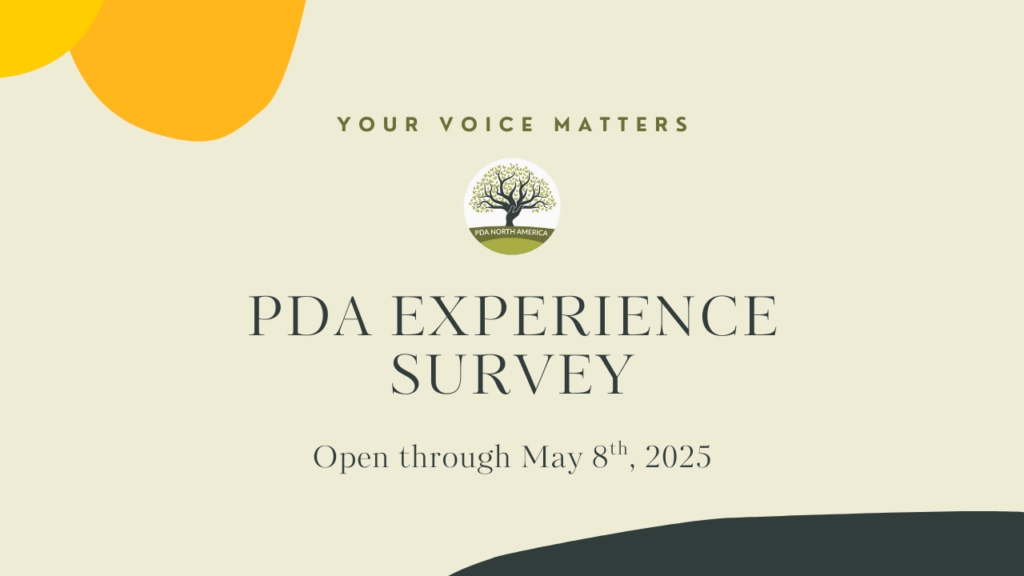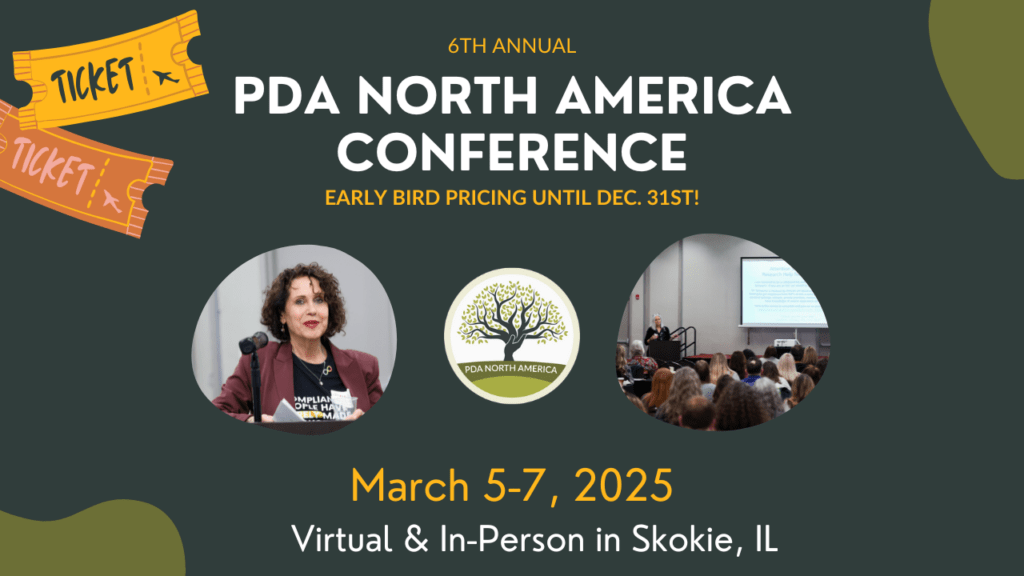Do you ever feel like you are constantly tiptoeing around your child, afraid of setting off an explosion? I spent years navigating this delicate dance with my PDA child – always on edge, never knowing what might trigger a meltdown. Living my life in hypervigilance.
Walking on eggshells.
My daughter, unfortunately, was misdiagnosed until the age of 16. Because of this, she was medicated and treated incorrectly. As parents, we were guided to parent her in methods that were the opposite of what is helpful for an autistic child with PDA.
Her distress tolerance deteriorated until it was almost non-existent, and this took a toll on our entire family. Our home was a place of constant tension and my child was suffering greatly.
It became obvious, over time, that we were all caught in a cycle of dysregulation. My child was exhausted, living in a state of perpetual trauma. And my own nervous system was right there with hers.
It’s a truth based in science: emotional energy is contagious. This is called ‘emotional contagion’. A person who is living with someone who is chronically dysregulated will easily ‘catch’ the dysregulation. In that state, it’s impossible to help regulate another person.
When my child’s nervous system was in survival/threat-protection mode, she interpreted my overwhelm and fear as an additional layer of danger. She needed signals of safety from me and I was not providing them. This led to an escalation of her survival mode and further escalated my survival mode. This is a stress cycle that is difficult, but extremely important, to interrupt.
So how can you avoid the eggshells and parent from a more confident place?
Always keep in mind that our PDA children tend to be extremely anxious, and always benefit from signals of safety and connection from us. Once you are ready to slow down and consider making small changes, consider the following tips:
- Awareness
Pay close attention to how you are feeling and your behavior. Slow down, consider how you feel stress in your body and be alert for these signals.
- Pause before reacting.
This is hard, so you will need to practice outside of emotionally charged situations. Fill the pause with intentional thoughts. For example, “I wonder what’s beneath this behavior”, “This is not about me”, and “This is how she shows her fear and pain”. This helps calm your nervous system and keeps your threat-response from escalating.
- Remind yourself – this is not personal.
It feels personal. It sounds personal. It’s not personal.
This is your child trying his best, in the moment, to express his feelings. Remember that his ‘thinking brain’ (prefrontal cortex) goes offline during a threat response. The ‘survival brain’ (amygdala) senses a threat and takes over. This is a result of human evolution + overly-sensitive nervous system due to PDA autism.
- Be with & be curious (without asking ‘why’).
When your child is her most regulated, take time to be with her.
Simply be near and open to connection. If you are regulated, your energy can have a regulating effect on her. Use emotional-contagion to your advantage!
If she is interested in talking, you can be curious by using declarative language. For example, “I wonder if you want to talk about anything with me.”, “I’m curious about what you were trying to tell me earlier today. It seemed like I got that all wrong and that didn’t make you feel good”, and “I’m here for you, in case you need anything.”
Always remember that, like your child, you are always doing the best you can with the skills you have in that moment. There will be successes and learnings, so always allow yourself grace and compassion!
—-
Interested in parent coaching support?
Group and 1:1 program details available at: www.amykcoach.com
Get to know me on Instagram or Facebook: @amykcoach







